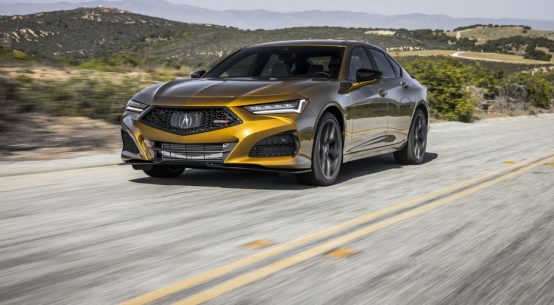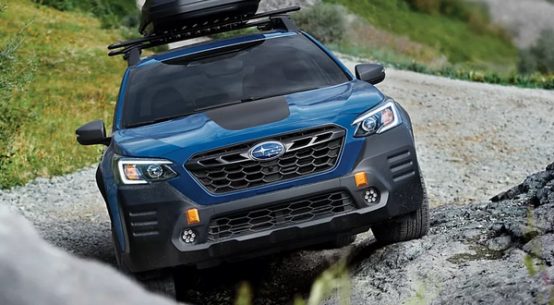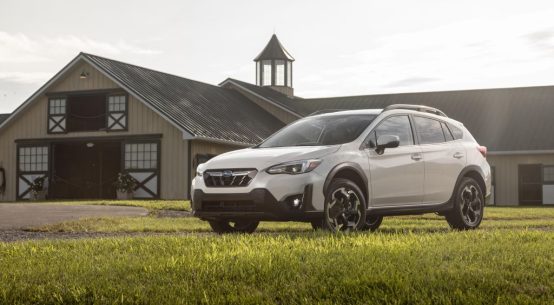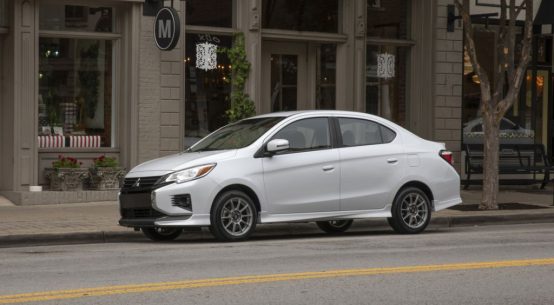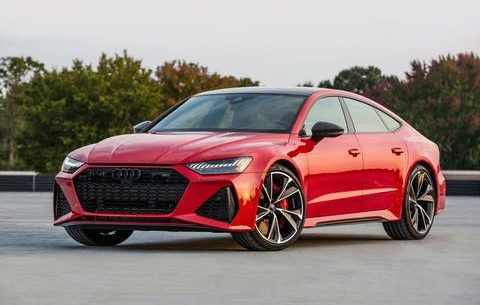
Today we’re diving into a topic that hits close to home for any car owner: the cost of owning a vehicle. Between gas, insurance, depreciation, and repairs, the expenses add up quickly. But did you know some vehicles cost a whole lot more to operate than others?
The team at Marketwatch Guides recently did the math and found that certain luxury models can be a small fortune to own over five years. Leading the pack is the Porsche Cayenne, with staggering five-year running costs of $56,010. Let’s take a look at the top 10 most expensive vehicles to operate:
- Porsche Cayenne: $56,010
- Porsche Macan: $48,653
- BMW X5 xDrive40i: $48,456
- Genesis G80: $41,288
- Jaguar XF: $41,288
- Ford Mustang: $40,707
- Volvo XC90: $39,308
- Jeep Wrangler: $38,276
- BMW 330i: $37,889
- Audi Q5: $35,863
Marketwatch’s calculations included fuel and financing costs as the major expenses for the Porsche Cayenne. Over five years, financing costs hit $18,198, and fuel costs reached $16,756. Insurance, maintenance, and taxes made up the rest of the expenses.
On the flip side, the Hyundai Venue emerged as the cheapest car to run, with five-year costs totaling just $22,761.
Even though electric vehicles (EVs) are generally cheaper to operate than gas vehicles, some still come with hefty costs. For example, the Porsche Taycan’s five-year running cost is $53,065, the Audi E-Tron GT comes in at $48,886, and the BMW iX at $45,076.
Interestingly, Marketwatch didn’t factor in depreciation for these running cost calculations, but they did analyze which cars depreciate the fastest and slowest. The Audi E-Tron GT depreciates much quicker than the Audi A3, with a five-year depreciation of $7,796 compared to just $2,895 for the A3. The Toyota RAV4 LE and RAV4 Prime had the smallest depreciation gap, with the gas model losing $3,761 in value versus the plug-in hybrid’s $1,252.
Most EVs tend to have better residual values than internal combustion engine (ICE) vehicles after one year, but this trend reverses over five years, with EVs depreciating almost as fast as their gas counterparts. And keep in mind, this study was likely conducted before the recent dip in used EV values.
So, if you’re thinking about which car to buy, consider these operating costs and depreciation factors. It might save you a lot of money in the long run.
